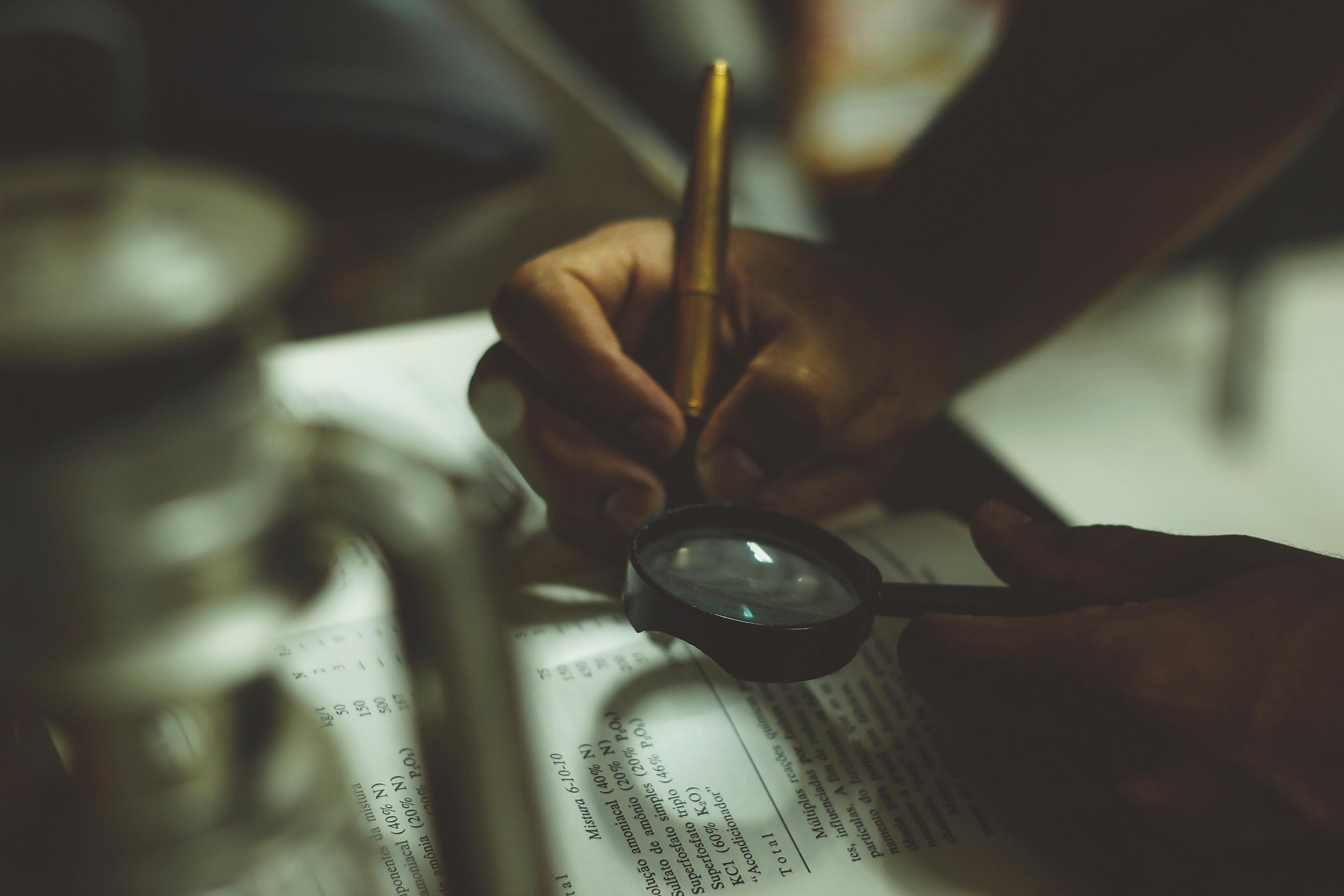Interdisciplinary teams from Benin, Burkina Faso, Côte d’Ivoire, Democratic Republic of the Congo, Ethiopia, Kenya, Madagascar, Mali, Malawi, Senegal and Uganda met in Addis Ababa, Ethiopia, to implement seed sharing and use for climate change adaptation, food security and poverty alleviation.
The teams discussed ways to work together to implement two international agreements; the International Treaty on Plant Genetic Resources for Food and Agriculture (Plant Treaty) and the Nagoya Protocol; to conserve and exchange plant genetic resources with each other and with the rest of the world, and share related benefits.
Alternative varieties or replacement crops that can grow in the changing climatic conditions are a necessity for African farmers, as the International Panel on Climate Change predicts that agricultural production is set to decline, with yields of major crops in Africa declining by up to 8% .
Mahlet Teshome, Biosafety Expert – Environmental Law, African Union Commission said:
“Africa is blessed with an abundance and variety of genetic resources. The manner in which these genetic resources are used to meet the challenges of the region such as climate change adaptation, food security and poverty alleviation is key. The AU Guidelines cover the range of benefits that may be derived from genetic resources, including plant genetic resources, and proposes access procedures that ensure benefits are shared between providers and users of genetic resources and associated traditional knowledge. The guidelines and the provisions for Africa are perfectly in sync with the AU’s Agenda 2063 which aspires to a prosperous continent with the means and resources to drive its own development.”
While Andreas Drews, an expert in ABS Capacity Development Initiative said:”It is really important for African countries to think through how to bring access and benefit-sharing (ABS) into the national implementation processes in a coherent way. Since the beginnings of agriculture farmers and local communities have exchanged their seeds to improve and diversify crops they grow to adapt to changing conditions. These days, we are all faced with new environmental challenges, such as increased flooding, heat and drought – and that is why everyone needs crop diversity: to be able to maintain food security for everyone.”

